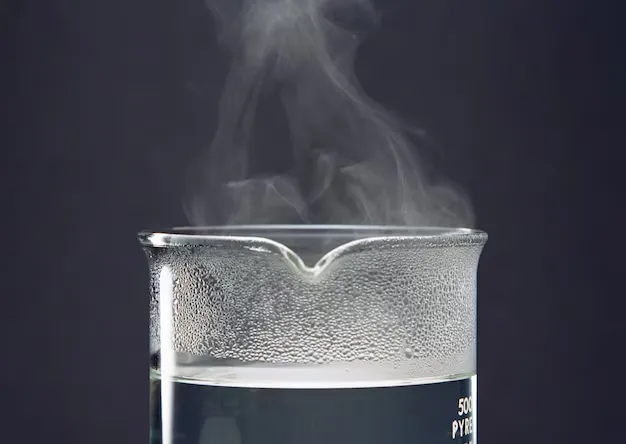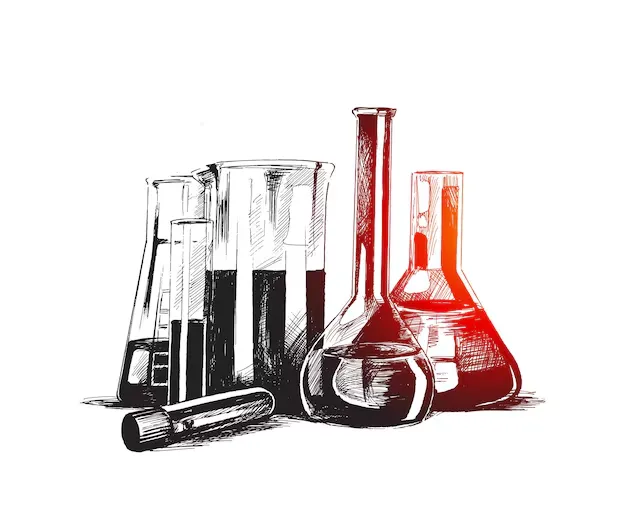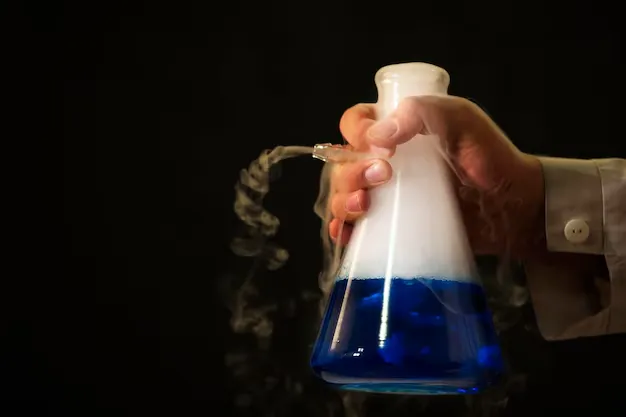How Recycled MMA Chemical is Produced

Introduction
As industries prioritize sustainability, the demand for eco-friendly materials like Methyl Methacrylate (MMA) has surged. Regenerated and recycled MMA chemicals offer a sustainable alternative to virgin MMA, minimizing waste and reducing the carbon footprint. This blog explores the innovative processes, industrial applications, and benefits of adopting eco-friendly MMA compounds while introducing top suppliers and solutions to meet your needs.
Understanding MMA Chemical: What is Methyl Methacrylate?
Methyl Methacrylate (MMA) is a versatile chemical compound widely used in the production of acrylic plastics, coatings, adhesives, and sealants. Known for its exceptional optical clarity, weather resistance, and durability, MMA is a critical raw material in industries such as automotive, construction, and electronics. However, traditional MMA production relies heavily on petrochemical sources, raising environmental concerns related to carbon emissions and resource depletion. As industries strive for sustainability, the focus has shifted towards recycling MMA chemicals, offering an eco-friendly solution that reduces waste and conserves natural resources without compromising on quality or performance.
1. Regeneration Process
Regeneration involves breaking down PMMA into its monomeric form under controlled conditions.
Advantages: High purity MMA, minimal waste.
Applications: Used in plastics, coatings, and adhesives.
2. Recycling Techniques
Recycled MMA chemicals are created by reprocessing PMMA waste, offering a cost-effective and sustainable solution.
Benefits: Reduced production costs, eco-friendly manufacturing.
3. Bio-Based Alternatives
Eco-friendly MMA compounds are also produced using bio-based feedstocks, promoting renewable solutions.
Highlight: Perfect for industries emphasizing green practices.
Applications of Sustainable MMA Solutions

1. Construction and Infrastructure
Use: Acrylic sheets, signage, and durable coatings.
Benefit: Enhances sustainability in building projects.
2. Automotive and Transportation
Use: Lightweight, durable components.
Benefit: Improves fuel efficiency and reduces emissions.
3. Healthcare and Medical Applications
Use: Syringes, surgical instruments, and medical-grade plastics.
Benefit: Combines sterility with eco-conscious practices.
4. Consumer Goods and Electronics
Use: Electronics casings, packaging, and home products.
Benefit: Sustainable alternatives for everyday use.
Why Recycle MMA Chemical? The Environmental and Economic Need
The growing demand for sustainable manufacturing practices has made recycling MMA chemicals an attractive alternative to traditional production methods. Recycling MMA not only reduces the dependency on virgin petrochemical feedstocks but also significantly cuts down on greenhouse gas emissions. This approach minimizes industrial waste, addressing the global issue of plastic pollution and landfill overflow. Economically, recycled MMA provides a cost-effective solution as the raw material is sourced from post-industrial waste, reducing overall production costs. By choosing recycled MMA, businesses can enhance their sustainability profile, comply with stringent environmental regulations, and secure a competitive edge in cost-sensitive markets.
The Recycling Process: How is MMA Chemical Recycled?
The recycling process of MMA chemical is a sophisticated procedure designed to convert waste materials into high-quality MMA monomers. It involves several meticulous stages:
- Collection of Waste Materials: The process starts with collecting MMA-rich waste from industrial sources such as acrylic sheet off-cuts, automotive parts, and discarded coatings. This waste is carefully sorted to ensure the purity of the feedstock.
- Depolymerization: In this stage, polymer chains are broken down into monomers through chemical reactions, typically using thermal or catalytic depolymerization techniques. This process effectively converts solid waste back into its liquid monomer form.
- Purification and Refinement: The crude monomer undergoes purification to eliminate contaminants, ensuring the recycled MMA meets industry standards for quality and performance. This is achieved through distillation and other advanced filtration methods.
- Quality Control and Testing: Finally, the purified monomer is subjected to rigorous quality control tests to guarantee consistency and reliability, making it suitable for high-performance applications.
This innovative recycling process not only conserves energy but also aligns with global sustainability goals, making recycled MMA a smart choice for environmentally conscious manufacturers.
Types of MMA Chemical Recycling: Mechanical vs. Chemical
There are two primary methods for recycling MMA chemicals: Mechanical Recycling and Chemical Recycling.
- Mechanical Recycling involves grinding MMA-based plastic waste into smaller particles, which are then melted and reformed into new products. However, this method often leads to a decline in material quality due to thermal degradation.
- Chemical Recycling, on the other hand, is a more advanced process where the polymer chains are chemically broken down into monomers. This approach maintains the molecular integrity of MMA, producing recycled monomers with properties identical to virgin MMA. Chemical recycling not only preserves quality but also allows for continuous recycling, contributing to a circular economy.
- Depolymerization is a common chemical recycling technique used for MMA, effectively converting polymer waste back into its monomer form. This method ensures high purity and performance standards, making the recycled MMA suitable for demanding industrial applications.
Understanding these recycling methods is crucial for manufacturers to choose the right process based on quality requirements and environmental objectives.
Top Suppliers of Regenerated and Recycled MMA

Partnering with reliable suppliers ensures access to high-quality MMA solutions. Look for suppliers who:
Employ advanced regeneration and recycling technologies.
Provide eco-friendly and renewable MMA compounds.
Adhere to international sustainability certifications.
Challenges in Adopting Sustainable MMA
1. High Initial Investment
Advanced recycling and regeneration processes require significant infrastructure and capital.
2. Limited Awareness
Many industries remain unaware of the environmental and economic benefits of sustainable MMA.
3. Regulatory Compliance
Adhering to global environmental standards can be resource-intensive.
Understanding MMA Chemical: What is Methyl Methacrylate?
Methyl Methacrylate (MMA) is a versatile chemical compound widely used in the production of acrylic plastics, coatings, adhesives, and sealants. Known for its exceptional optical clarity, weather resistance, and durability, MMA is a critical raw material in industries such as automotive, construction, and electronics. However, traditional MMA production relies heavily on petrochemical sources, raising environmental concerns related to carbon emissions and resource depletion. As industries strive for sustainability, the focus has shifted towards recycling MMA chemicals, offering an eco-friendly solution that reduces waste and conserves natural resources without compromising on quality or performance.
Conclusion
Regenerated and recycled MMA chemicals are revolutionizing industries by offering sustainable, eco-friendly solutions. Whether it’s construction, automotive, or healthcare, the adoption of these materials promotes a greener future while ensuring top-notch performance. By collaborating with trusted suppliers and embracing sustainable MMA solutions, industries can achieve their goals while minimizing environmental impact.
Choose regenerated and recycled MMA for a cost-effective and sustainable industrial revolution.
Frequently Asked Questions
Here are the frequently asked questions (FAQs) that provide essential information about MMA Chemicals and our Methyl Methacrylate (MMA) Monomer products. These FAQs are designed to address common inquiries and help you understand why MMA Chemicals is the preferred choice for MMA Monomer.
Regenerated MMA is derived from depolymerizing PMMA waste, while recycled MMA involves reprocessing PMMA into usable chemicals.
Yes, modern techniques ensure eco-friendly MMA matches or exceeds the quality of traditional MMA.
Sustainable MMA reduces waste, lowers emissions, and conserves natural resources.
